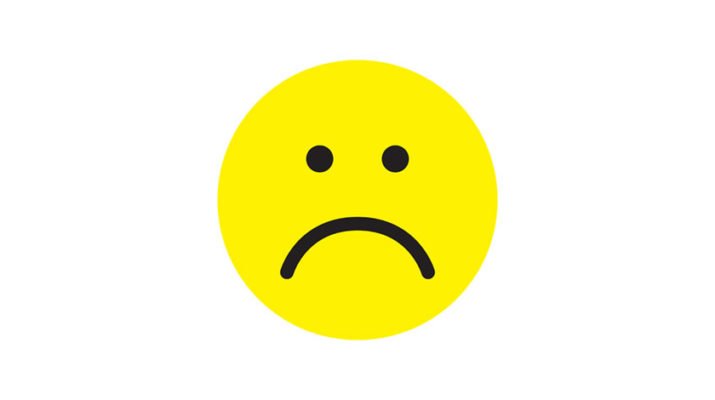After weeks of build-up, it’s easy to feel let down
By Deborah Jeanne Sergeant
After the busy holiday season, do you feel a little blue? A tad bummed? It’s a common phenomenon.
“The holidays can cause situational depression,” said Louis Ciola, certified hypnotherapist and owner of Amherst Hypnosis in Snyder. “People expect that magically at this season all their expectations will come true. That’s the problem. The media plays into this. It fosters this expectation.”
Instead of a Hallmark movie-perfect holiday, family members don’t get along, gifts disappoint and illnesses curb the festivities. It can also be a time where rumination over past holidays fosters all sorts of feelings, such as regret, loneliness, and sadness.
“After the holidays, returning to normal routines can feel mundane compared to the excitement and novelty of the festive period,” said. Lindsey Rickard, licensed mental health counselor and vice president of Training and Access Optimization with BestSelf Behavioral Health in Buffalo. “The contrast between the festive atmosphere and the return to work or school can lead to feelings of sadness.”
There are also financial stressors for some. Rickard said that traveling expenses, gifts and entertainment often feed into overspending which “after the holidays can lead to stress and sadness.”
Of course, lasting “blues” may indicate a more serious mental health issue such as depression.
“While post-holiday blues might include feelings of sadness, fatigue and a sense of loss, depression involves more intense symptoms like deep sadness or hopelessness, significant changes in appetite or sleep, loss of interest in activities and in severe cases, thoughts of self-harm or suicide,” Rickard said.
She added that depression has a significant effect on a person’s ability to do daily tasks, go to work and maintain relationships — far different from the temporary “down” feeling of post-holiday blues which don’t impact the ability to function.
“It’s important to differentiate between the two because depression is a serious mental health condition that may require professional intervention, while post-holiday blues typically resolve on their own,” Rickard said.
Talking about these symptoms with a primary care provider or mental health professional can help. Anyone having thoughts of self-harm or harming others should call 911, 988 or seek emergency room care.
Planning other things to look forward to can also help build happy anticipation. Perhaps it’s a time to see movies you’ve always wanted, start a new book series, engage in a new hobby or meet up with friends regularly.
Wendy Weinstein, physician, adult unit chief of Psychiatry at BryLin Hospital in Buffalo, recommends planning special activities and social outings for other times of the year.
“Why not get together with friends in the winter or get together with family during January?” she said. “Don’t just do it during the holidays. It’s Jan. 30 and I’ll take a trip to see my family or have dinner with my best friends. Or we’re going to have a holiday celebration during the middle of the winter.”
She also views the post-holiday season as a good time to engage in self-care, such as eating right, exercising and getting plenty of rest.

